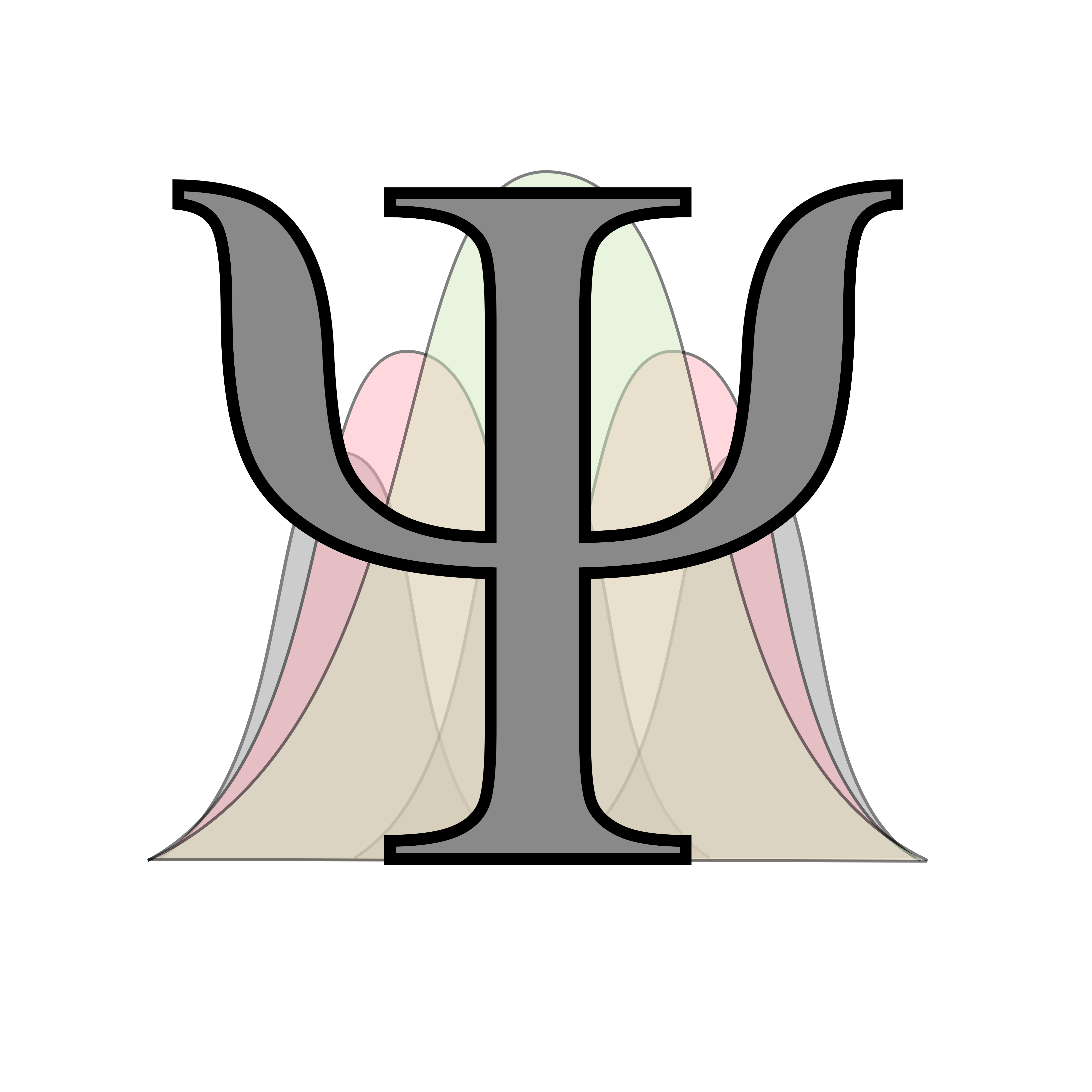cross-posted from: https://lemmy.world/post/2144441
Huge if this is true. Claim is: They have attained superconductivity at room temperature and ambient pressure. Also superconductivity holds till 127 C.
There is a discussion on Hacker News
There’s always some catch. Let’s see if it can get replicated
Lol. How many times has this been claimed?
Reposting the top comment from there:
Just by looking at the authors, this is not real:
Of the three, the first author (and corresponding author) and second author claim Q-centre as affiliation. If you check the webpage, it is not a research lab but just a commercial company selling this as a product. The third author claims KU-KIST as affiliation, but the only one I can find in google scholar has no background on superconductivity at all, and actually I can’t even find them as a current faculty member of KU-KIST.
If you look at the other paper they have in arxiv about the same, list of authors from the same Q-Centre, plus a last author from Hanyang university, but researchgate shows him as last publishing in 2006, so I assume long time retired by now. Not in the field of superconductors either.
I am looking for other work from any of the authors, and I can find none. Science is an incremental process, with some breakthroughs, sure, but incremental. Cancer won’t be cured in a day, and room temperature ambient pressure superconductors won’t just happen out of nowhere. Even room temperature superconductors at very high pressures aren’t really a thing, as the recent retractions of Ranga Dias’ papers shows.
As an aside, here is an interesting talk about the work that went into showing that the data was manipulated in those high-pressure room-temperature superconductor papers - as much as papers with manipulated data are a terrible thing for science, the fact that people will go to these lengths to prove them wrong is very reassuring. A paper that is wrong only misleads for a while, actual science pushes through and buries it eventually.
All that may be true, but dismissing claims by pointing to affiliation and previous work (or lack thereof) is bad form in science. What proves or disproves a claim is data. I do find it striking that they claim a Meissner effect observation, which limits the possibilities to only a correct discovery or deliberate fraud.
There have been developments in high-temperature high-pressure superconductors this year, but as far as I know this is the first claim ever of a room-temperature ambient-pressure superconductor. And not just some vague “evidence for superconductivity”, but every test you could possibly want with a cooking recipe to boot. That’s why it’s almost certainly a hoax - it’s too big of a leap from current leading edge and everything one could hope for - but if someone DID stumble onto such a recipe, this is what that discovery would look like at first.
I like the physicist urge to call 10 kbar “near ambient”
I know, right? Or calling cryonics “high temperature” 😆
anything above 20 K is high to them smh
Hahaha, but to be fair, high Tc now typically refers to above the nitrogen boiling point of 77K, so 20K is a bit low even for them. I think the reference to 20K is in distinguishing between conventional vs unconventional superconductors–depending on if they can be explained by the BCS theory. When unconventional superconductor was first discovered, the highest known Tc for the conventional ones was about 20K. One could even say, therefore, calling it “high” is just experimentalists flexing to theorists.


